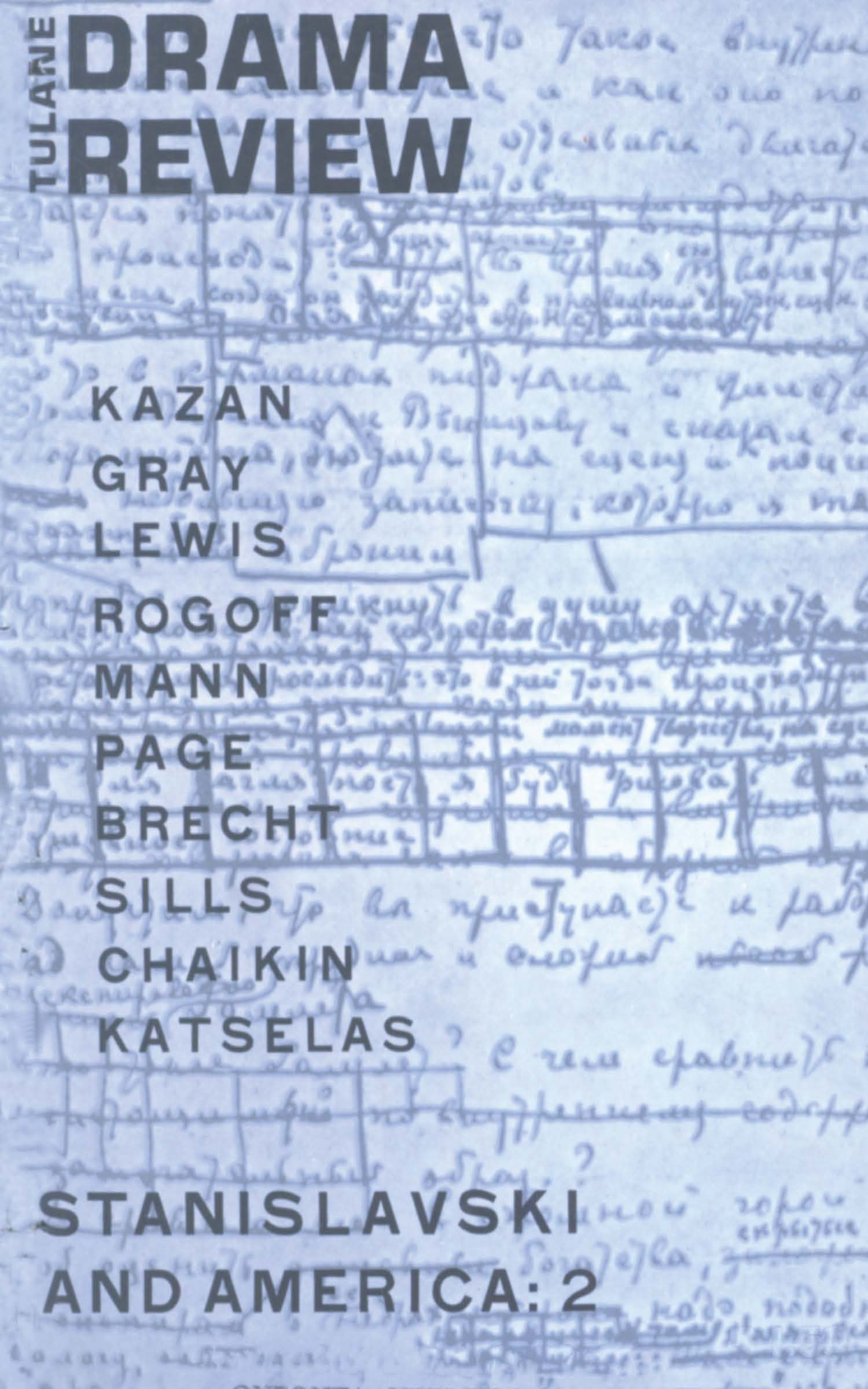No CrossRef data available.
Article contents
A Farewell to Something
Published online by Cambridge University Press: 23 November 2021
Extract
When Samuel Beckett had his En Attendant Godot produced at the Théâtre de Babylone in Paris, he really started something. I saw the play there in 1953, and again in London (1955) and in New York (1956) as Waiting for Godot. Meanwhile it had toured France and Germany and been translated into several other languages. It was a far greater success than any of Beckett's previous works had been—and his first attempt to write for the stage.
The most immediately striking thing about the play was its originality. Obviously avant-garde, it nevertheless retained all the seediness of a down-at-the-heel realism. On the surface it seemed simple almost to the point of idiocy, yet it implied all the complications that human intelligence has been able to create for itself. And it created an image of man's longing for ideal relationships with himself, with other men, with God, only to defile the image by suggesting doubts.
- Type
- Research Article
- Information
- Copyright
- Copyright © The Tulane Drama Review 1960
References
Notes
1 Pozzo has said, “Beauty, grace, truth of the first water, I knew they were all beyond me. So I took a knook.” The word is never explained in the Grove Press edition published in this country, but in the French edition Pozzo answers Didi's question thus: “Vous n'êtes pas d'ici. Etes-vous seulement du siecle? Autrefois on avait des bouffons. Maintenant on a des knouks. Ceux qui veuvent se le permettre.” This might be rendered, “You are not from these parts. Were you born yesterday? People used to have fools. Now they have knooks. Those who can afford it, that is.” From the “all-licensed fool” Lucky has descended to… what we see. There are numerous other changes in the English version.
2 Voltaire in the French edition; also “Normandie” instead of “Connemara.” Nancy Cunard published Beckett's first work, Whoroscope.


